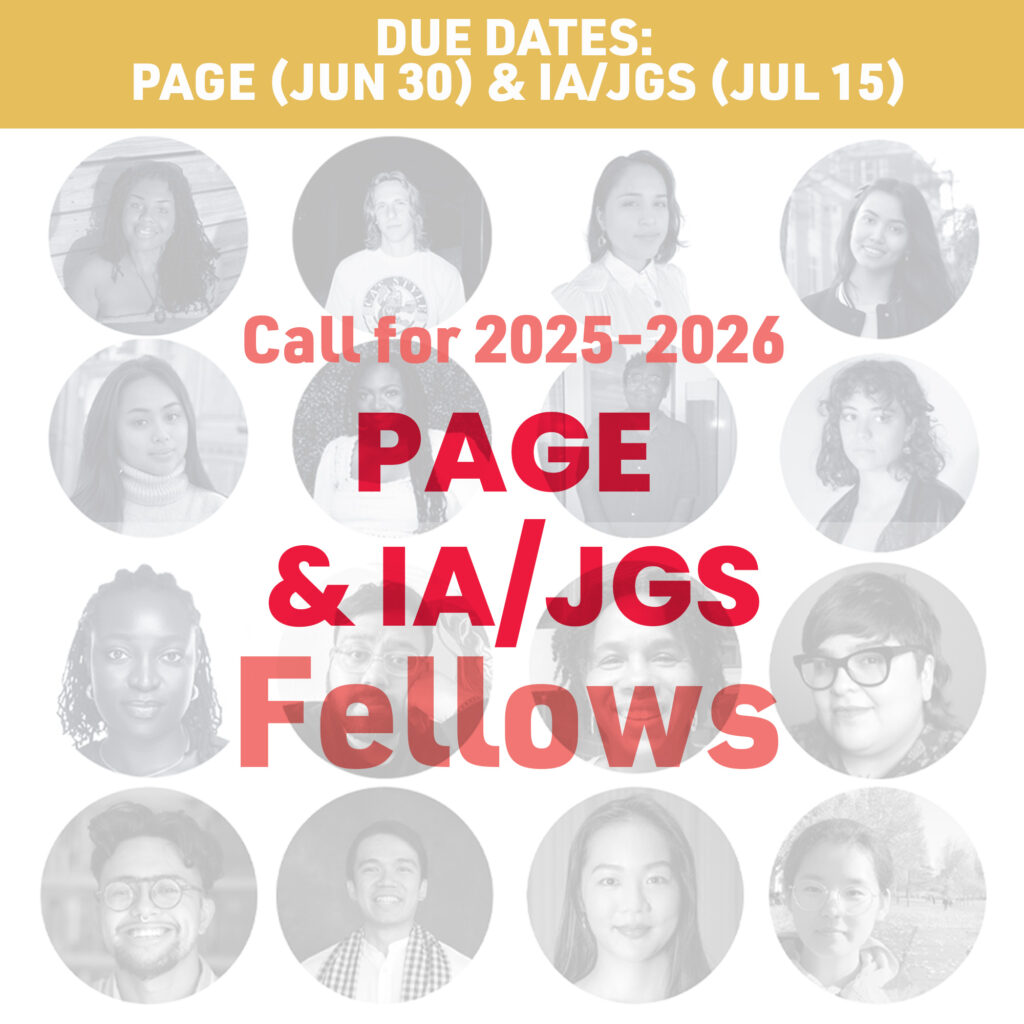Black Birthing: History Imagined at the Site of the Body
By Mali Collins-White, PhD student in English at the University of Delaware, and a 2018-2019 Publicly Active Graduate Education (PAGE) Fellow. This PAGE Blog Salon explores themes of citizenship, intersectional activism, and public scholarship, important topics of the upcoming Imagining America national gathering, Oct. 19-21, 2018, in Chicago, Illinois
Imagining my community and country means imagining my work outside traditional notions of academia, knowledge production, and social justice. As I investigate the imaginary as a space of shared visions of possibility and impossibility, I see the relationships between Black birthing parents and their children in literature as more vivid than the transatlantic slave archive seems to represent. Bearing in mind scenes of the pregnant person on a slave ship who felt they had no choice but to drown themselves so to spare their children from the torment of enslavement, or the person whose children removed from the home as a consequence of the crack epidemic in the 1980s– if we look closer, we find that these are not historical “moments” at all, but a long project of power intended to over determine the lives of Black birthing people and their children in America. The many iterations of this “power” is not just overdetermined by external systemic injustices, but reproduced intramurally between parents and other kin. My current doctoral project examines kinship violence between parents and children in post-1970s Black literature, and how the nature of Blackness and the violence that accompanies it shift the ways we (re)collect the Black experience archivally. The Black Imaginary expresses itself through literature, art, and film. These modalities create a call and response through the archive, seeming to give a relationship between our often unarchived, invisible, and unheard ancestors in the archives and their imagined descendants. Contemporary Black visual artist Ellen Gallagher’s Accidental Records and Octavia Butler’s Kindred reimagines Black kinship for us in a double bind: both barred by the legacies of violence and a site of resistance where we imagine ourselves through love and desire.
My work as a PAGE Fellow imagines the stolen futurity of (unborn) children and those that birthed them. Its critical public humanities component interrogates the sustained engagement of kinship violence between birthing parents and children as learned behaviors from plantation life during chattel slavery. As a new mother and birth worker myself, I assist birthing womxn and their families in birth and postpartum to reduce the maternal death statistics that state Black womxn are 243{a5aa8e8fb804c3dc04a21a9abb7648e870aeb1ca737055c49c07cc0151b06dfc} more likely to die from pregnancy- and birth related complications than their white counterparts. In some parts of the United States, these rates are higher. The path that I choose was cleared by centuries of montrices, doulas, birth workers, and midwives who honed these roles as central to their communities. The recent media attention to the phenomenon of Black maternal death may be new, but an insurgency against centuries of rendering Black womxn as breeders and their children as commodities endures.
I believe this work to be parallel with Imagining America’s core values. I am drawn to the site of Southern California as a research area as it is home of a community-demanded, community-organized revitalization of birth working enterprises heralded by women of color. For example, Patrisse Cullors’ work with Black Lives Matter in Los Angeles advocates for a reformation and investigation of the care given to Black women and supported by large equity organizations such as Moms Rising. Places like Black Infant Health of Los Angeles and Kindred Space LA also provide spaces of education and care for some of the most vulnerable communities in the country This public humanities project hinges on a reciprocal process not just between the humanities and this specific public, but between descendent and ancestral communities.



